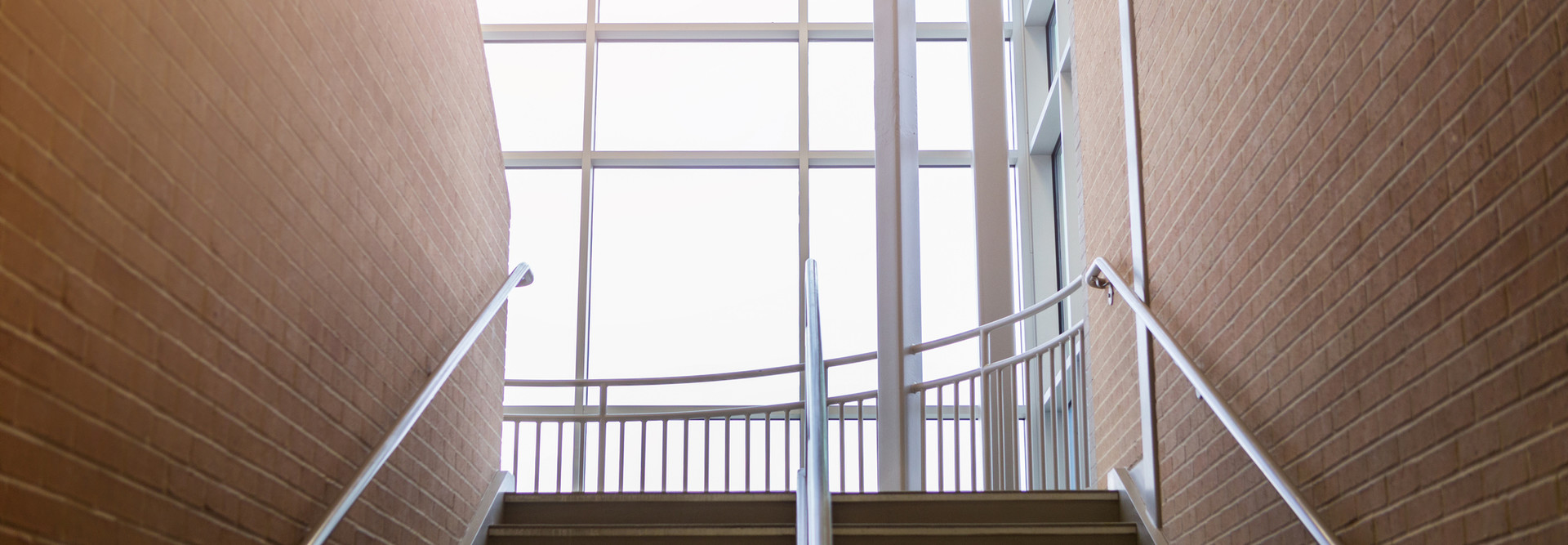EDTECH: What are the best tools for engaging students remotely?
SEILHAMER: I would argue that staying engaged is about more than staying engaged in class. It’s about staying engaged with what’s happening on campus. For example, the UCF Mobile app connects students and families to orientation and events. UCF has already run three or four virtual events, including a virtual commencement. So, keeping students engaged can happen outside of the LMS too. Our goal is to help students get an education and graduate, and engaging them is a big part of that. When we can’t engage face-to-face, using the mobile app is a good substitute.
LEFEBVRE: We’re experimenting with immersive reality as an engagement platform. We really see some promise there. When IT started to experiment in this immersive reality space, student affairs found out about it and wanted to partner with us because they see the potential. For example, I recently attended an immersive virtual reality experience. It was a concert, and had a comedian performing on a beach stage in 3D. And it was amazing. I also participated in the first-ever open campus music festival. It was all online — people were interacting with each other through their avatars. There’s a lot of potential with 3D immersive reality engagement platforms worth exploring.
WILLMORE: If people are doing their entire semester off campus, what keeps me up at night is that the college experience is about so much more than the class. If you think back to your favorite memories of college — it’s not the classes. It’s the friendships, the clubs and the 2 a.m. conversations in the hall. It’s not necessarily that lecture that you always remember. It might be. But for most people, it’s the memory of being on campus.
If students are not on campus, how do they have some semblance of that? I think that’s the really key piece of engagement. How can students feel like they are a part of the community? Like they’ve found their tribe? This is where apps like the UCF mobile app and the UMass Boston mobile app can provide that hub of community. It can provide places for people to discover events, discover friends and clubs. Engagement involves the LMS and class. But it also involves us delivering the entire campus experience to wherever students are.
MORE ON EDTECH: Learn how the remote learning pivot could shape higher ed IT.
EDTECH: If you’re going to reopen campus, do you have what you need to address safety concerns?
WALTHERS: We kept our law enforcement academy open on campus since these were young men and women who were already hired and needed to finish the program.
We adjusted the program and piloted some technology for safety. For example, we had a thermal imaging machine that screens for body temperature. Any student who comes on campus must go through that process and get screened.
But it’s really a self-reporting mechanism. We’re not going to be able to put that everywhere on campus. We’re just going to cover the campus with signs at every entrance that say “Have you had a fever? Have you lost the sense of taste or smell? If any of these things apply to you, please call this number and we’ll connect you with the person you need to talk to. Do not come inside the building.”
WILLMORE: An extremely interesting question for schools that will have classes in person is will the students do what they’re asked? The students are all very bright, but students want to be students. They like to gather; they love to travel. So, how can you enforce social distancing measures and keep them safe?
SEILHAMER: From the mobile app side, we’re looking at requiring daily symptom self-checks employees and anyone that lives on campus that will be completed through the UCF Mobile app. The main goal is to help connect the UCF community to testing and vital resources. This is new territory for us, like many universities, and plans are ongoing and subject to change.











